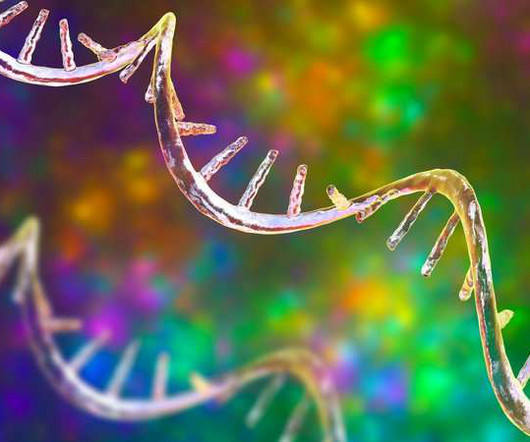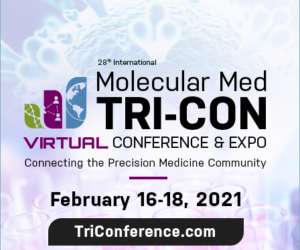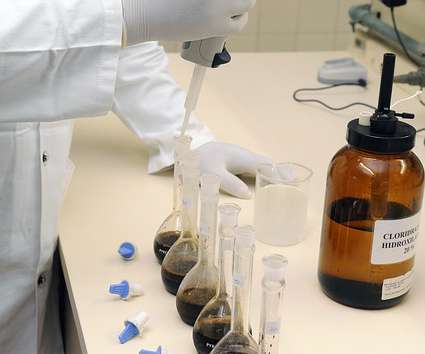Research reveals therapeutic potential of mRNA in rare diseases
Drug Discovery World
JANUARY 11, 2024
Argininosuccinic aciduria is an inherited metabolic disorder that affects how the body breaks down protein – potentially leading to high levels of ammonia in the blood. Patients affected by the disease are found to also experience an imbalance of glutathione regulation, which is important for liver detoxification.

















Let's personalize your content